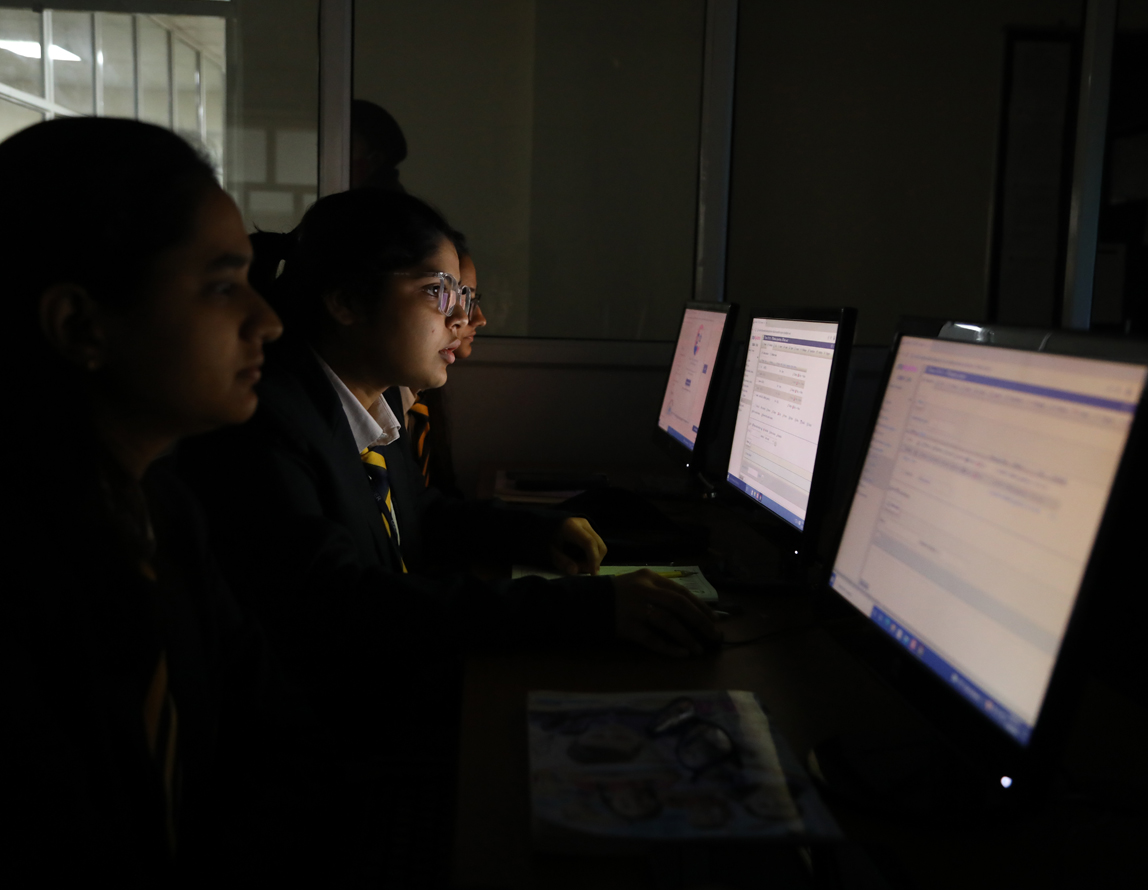
Masters of Physiotherapy (MPT) in Orthopaedics
Duration
2 Years
Eligibility Criteria
The candidate must have passed BPT from a recognized university.
The Master of Physiotherapy in Orthopaedics is a two-year program offering specialization in Orthopaedics, Neurology, Cardiology, and Sports—a highly sought-after course in modern medical education.
Extensive clinical training is a cornerstone, enabling students to specialize effectively. The program enhances advanced knowledge and skills tailored to each specialization, utilizing diverse teaching methods such as lectures, case discussions, practical exercises, field visits, seminars, and collaborative learning. Students engage in research, biomechanics, and specialized physiotherapy techniques for clinical conditions, fostering competence in assessment, diagnosis, and physical interventions to improve mobility and functional ability in patients with impairments and disabilities.
Admissions 2024
Find your path to Success
Career Path
Career path you can choose after the course
- Private practitioner
- Researcher
- Physiotherapist
- Acupuncturist
- Chiropractor
- Dance movement psychotherapist
- Exercise physiologist
- Health service manager
- Health promotion specialist
- Osteopath
- Personal trainer

Program Educational Objectives PEOS
-
PEO1
Perform functional assessment of different musculoskeletal as well as neuromuscular impairments. Evaluate Posture, postural problems and reeducation of posture.
-
PEO2
Evaluate and recording of joint range of joint motion. Apply joint mobilization and different manipulative techniques on patients having joint disorders or derangements. Evaluate respiratory issues and application of retraining techniques. Strengthen muscles following a different range of musculoskeletal problems.
-
PEO3
Evaluate and grading of muscle strength. Evaluation of work related problems and application of ergonomics.
-
PEO4
Evaluate and training of muscle coordination. Evaluate and training of balance.
Program Outcomes PO’s
-
PO1
Cooperation with other members of the health team.
-
PO2
Sense of responsibility as a team member.
-
PO3
Interpersonal communication skills.
-
PO4
Empathetic attitude towards the patients.
-
PO5
Positive behavioral approach towards patients as well as persons with disabilities.
-
PO6
Decision making independently with respect to the treatment.
-
PO7
Research attitude to rationalize the treatment options.
-
PO8
Importance of referral system.
Program Specific Outcome PSOs
-
PSO1
Evaluate and assess different musculoskeletal, neuromuscular cardiovascular & respiratory and other conditions.
-
PSO2
Evaluate issues and application of retraining techniques. Strengthen muscles following a different range of musculoskeletal problems.
-
PSO3
Evaluate posture, postural problems and reeducation of posture.
-
PSO4
Evaluate and grading of muscle strength, Apply joint mobilization and different manipulative techniques on patients having joint disorders or derangements.
FAQ
This program will equip you with the theoretical knowledge, skills and professional attributes necessary for careers in physiotherapy. Physiotherapists treat the reactions and responses of the body to injury, disease or abnormalities in development. They are key health professionals in the prevention of injury.
Assisting in the physical management of the cardio-respiratory system Improving balance and motor control for better performance and function Physical methods to control pain Promotion of motor development and coordination Therapeutic exercise for impaired muscle systems. Choose the Master of Physiotherapy Studies and you will graduate with an integrated body of knowledge and the clinical abilities, problem-solving skills and professional attributes to provide competent physiotherapy service in a wide range of contexts. You will also commit to self-learning and professional growth, and be able to adapt to change and respond to challenge. You will gain extensive practical experience in hospitals and clinics, both off and on campus.
You will commence in this program with an introduction to the fundamental knowledge relating to professional issues, communication, physiotherapy examination and treatment techniques. In the subsequent semesters, you will be exposed to the theoretical, practical and research aspects of musculoskeletal, cardiothoracic and neurological physiotherapy across the lifespan before undertaking supervised practice to develop their core competencies and ethical and professional behaviours necessary to function as a physiotherapist
- Corporate hospitals
- Rehabilitation centres, polyclinics
- Training institutions in India and abroad
- Private practice
- Research
- Research component
All students learn to be consumers, collaborators and generators of physiotherapy-related research, completing courses covering health sciences research and a research project. Students integrate this into an evidence-based practice approach to clinical practice spanning from information literacy to knowledge translation.









